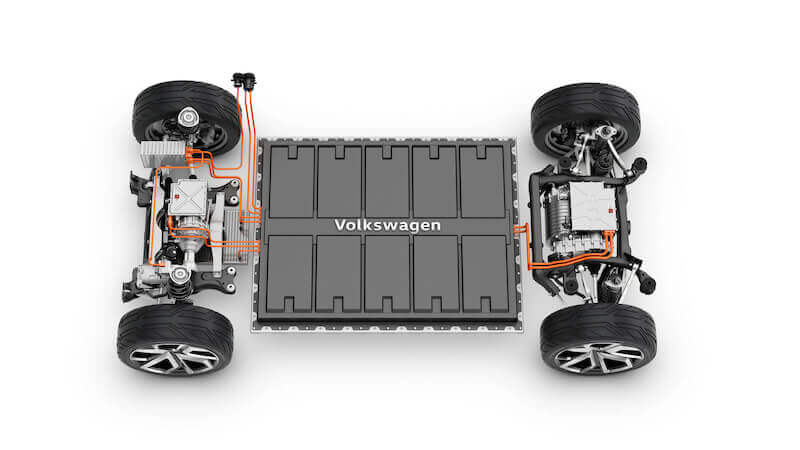
Researchers have further developed the concept of sodium-ion batteries and recently achieved success. The technology could even replace lithium-ion batteries.
When it comes to electromobility, many potential buyers of an electric car are usually concerned with one thing: How long does the charging process take and are longer journeys possible with an electric car? In the meantime, short charging processes can ensure the journey to the next charging station.
But when will there be batteries that allow you to continue driving quickly like combustion engines? Researchers from the Korea Advanced Institute of Science and Technology (KAIST) recently made a breakthrough in this direction. They developed a new type of sodium-ion battery that can be charged in just a few seconds.
This technology could serve as an alternative to today's lithium-ion batteries, particularly in areas such as electric vehicles and other energy management technologies.
New sodium-ion batteries eliminate disadvantages of old versions
The innovation combines anode materials commonly used in batteries with cathodes suitable for supercapacitors. This combination makes it possible to achieve both high storage capacities and fast charging and discharging times.
This represents an important advance over existing sodium-ion batteries. After all, they often struggle with problems such as low power output and longer charging times. To overcome the technological challenges, Professor Jeung Ku Kang's team used two different metal-organic frameworks to optimize the production of hybrid batteries.
This approach led to the development of a novel anode material. The integration of fine active materials into porous carbon, which the researchers previously obtained from metal-organic frameworks, made this possible. The team also synthesized a high-capacity cathode material that supports the rapid acceptance and release of electrons.
Can be used in electric vehicles and in aviation
The composite full-cell battery system demonstrates high performance that exceeds the energy density of commercial lithium-ion batteries. At the same time, this system has characteristics of the power density of supercapacitors. These properties make the battery particularly suitable for applications that require rapid charging.
This includes electric vehicles, smart electronic devices and aviation technologies. Professor Kang emphasizes that these hybrid sodium-ion energy storage devices charge quickly despite an energy density of 247 watt-hours per kilogram and a power density of 34,748 watts per kilogram. They could help overcome the current limitations of energy storage systems.
Also interesting:
Source: https://www.basicthinking.de/blog/2024/05/04/natrium-ionen-batterien/


